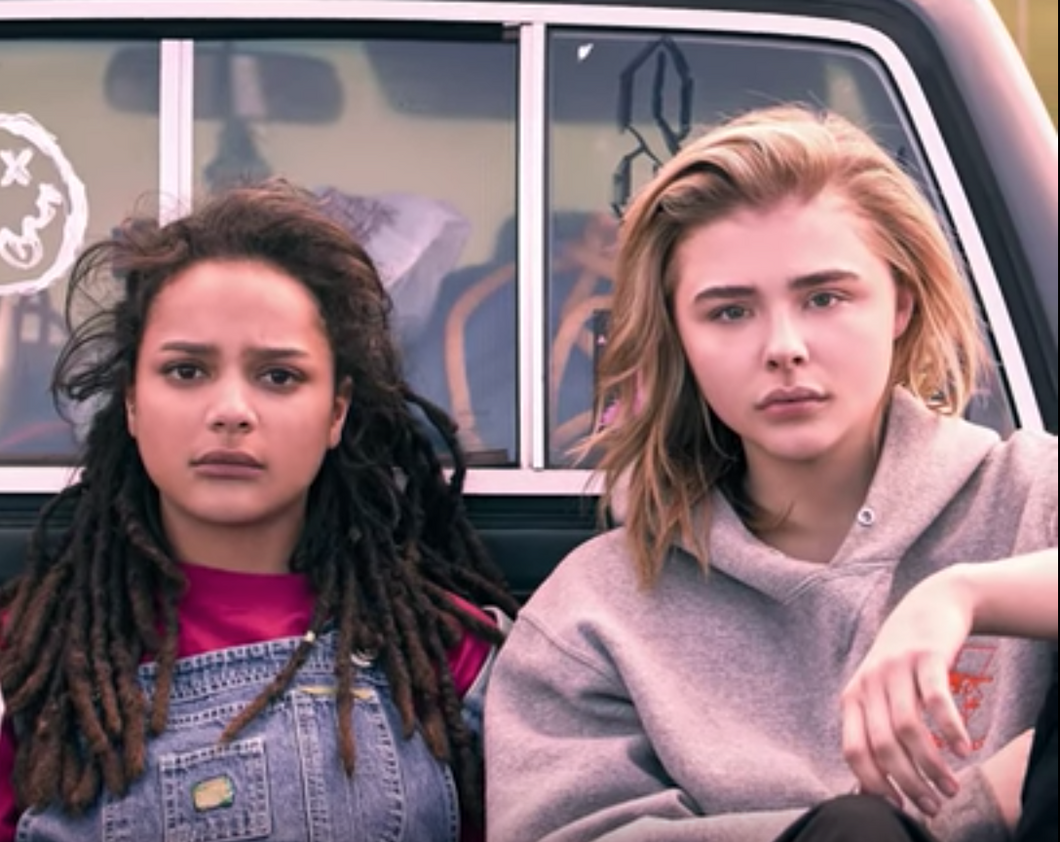It's twenty-gay-teen and media is blowing up non-stop with LGBTQ music, books, and movies. One of the most popular movies released this year has been "Love, Simon." Don't get me wrong, "Love, Simon" will forever be one of my favorite coming of age films, but while watching it I couldn't help but question when there would be a lead with a female character who is gay. When I watched the trailer for "The Miseducation of Cameron Post" for the first time, I squealed with pure excitement and fell out of my chair.
Most lesbian movies that have been out are too erotic, as if there is no plot behind it other than sex. For years I and many others in the community have been craving something with substance. I wanted to see a girl overcome issues that are relevant to most and fall in love with another girl. I wanted to see a character that I could personally relate to on a physical and emotional level. When I started to analyze the qualities that made up the protagonist Cameron Post, I immediately fell in love with her.
Cameron Post (played by actress Chloë Grace Moretz) is a teenage girl who gets caught making out with a girl that she likes in the back of a car at prom. She gets sent to a Christian camp called God's Promise, a camp where the staff tries to converts gay people into being straight. During her time there the counselors force her into ridding homosexuality behaviors and thoughts, but little do they know that they would only hurt her worse.
Homosexuality is not something that can be "cured" or "changed" and the movie really makes an emotional point to prove that. In the movie Cameron ends up meeting other gay teens and starts to feel less isolated from the rest of the group. She meets a girl named Jane Fonda (played by actress Sasha Lane) who helps her push through the insanity that is the camp. Throughout the film, Cameron becomes closer to Jane and develops feelings for her.
One of the things that I admire the most about Cameron is that throughout the entire film she did not let anyone try to talk her into getting "better." During one scene in the movie, a therapist asks Cameron a series of questions such as, "Do you have access to the outdoors? and "Do you feel safe in the dorms at night?" She replies "yes" to both of these questions. However, when she is asked if she is being emotionally abused, she answers "how is programming people to hate themselves not emotional abuse?"
Throughout the movie I found myself riding through a rollercoaster of emotions. I cried at the parts that felt relatable to me, I busted out laughing at Cameron and her friends' relatable nonconformities, and most importantly I felt the love in my heart for the community as a whole. The lesson that this movie conveys is that when a situation seems less than ideal, it is crucial to surround yourself with individuals who will love you for you. It is okay to break society's barriers of normality and live your life in a way that brings you nothing but contentment.
- Lesbians Are Oversexualized In Hollywood, Honestly, It's Getting Old ›
- I Finally Got My Lesbian Characters ›
















9 Reasons Why You Should Start Your Own Blog, Just For Fun